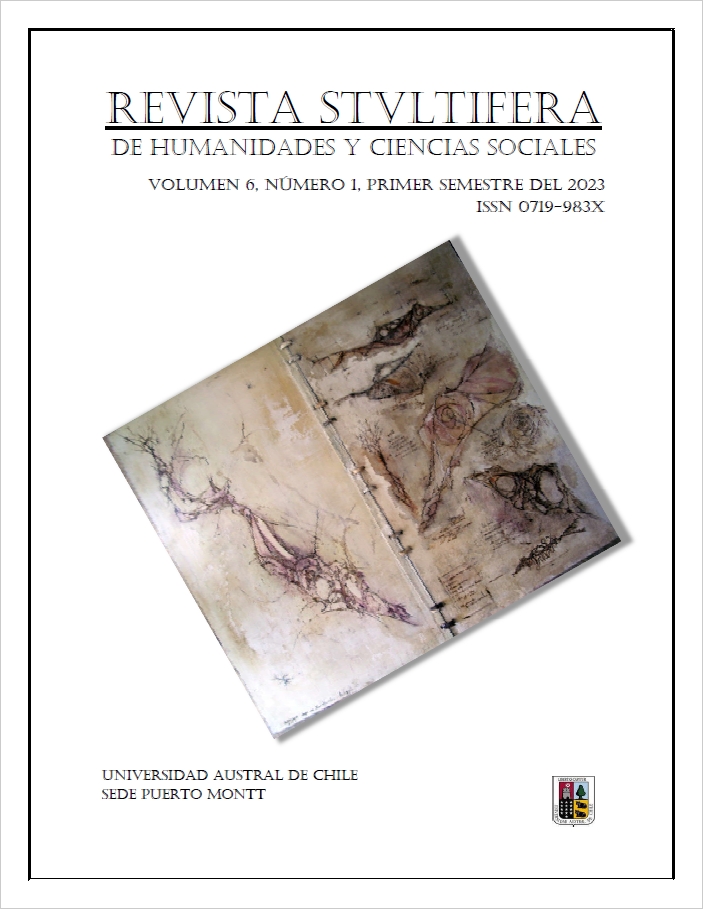Utopia, ¿Stultifera Insula? Considerations Regarding the Judgement of a Detractor
Main Article Content
Abstract
When addressing the topic of so-called “communism” in his pretentious and untimely Summa Philosophica, cardinal Tomasso Maria Zigliara (who was apparently a key author for late nineteenth-century Catholic doctrine) correctly identifies Thomas More’s famous Utopia as one of its most important predecessors and goes on to describe the main doctrine of the book (i.e., the replacement of private property for common property) as being “as impious as it is foolish” [non minus impia quam stulta]. Although this “truly golden little book” certainly requires no defense, the charge brought up by the learned cardinal affords us an excellent opportunity to reflect on its significance and current relevance. For that purpose, I first try to clarify the meaning and scope of the terms of the accusation (almost a full-fledged condemnation) by showing Zigliara’s reasons for considering that they apply to Utopia. Then, I try to offer a reply. However, my plea does not consist in claiming that More was undeserving of the charges of impiety and folly (or senselessness or even madness). Rather, I entertain the possibility that he may indeed be liable for those “crimes” and that is precisely where the highest merit and greatness of his thought resides.
Article Details

This work is licensed under a Creative Commons Attribution-NonCommercial 4.0 International License.
Usted es libre de compartir (copiar y redistribuir el material en cualquier medio o formato) y adaptar (remezclar, transformar y construir sobre el material). El licenciante no puede revocar estas libertades siempre y cuando usted siga los términos de la licencia.
La licencia se da bajo los siguientes términos:
Atribución: debe dar el crédito adecuado, proporcionar un enlace a la licencia e indicar si se realizaron cambios. Puede hacerlo de cualquier manera razonable, pero no de ninguna manera que sugiera que el licenciante lo respalda a usted o a su uso.
No comercial: no puede utilizar el material con fines comerciales.
Sin restricciones adicionales: no puede aplicar términos legales o medidas tecnológicas que restrinjan legalmente a otros de hacer cualquier cosa que la licencia permita.


 https://orcid.org/0000-0002-7355-8000
https://orcid.org/0000-0002-7355-8000